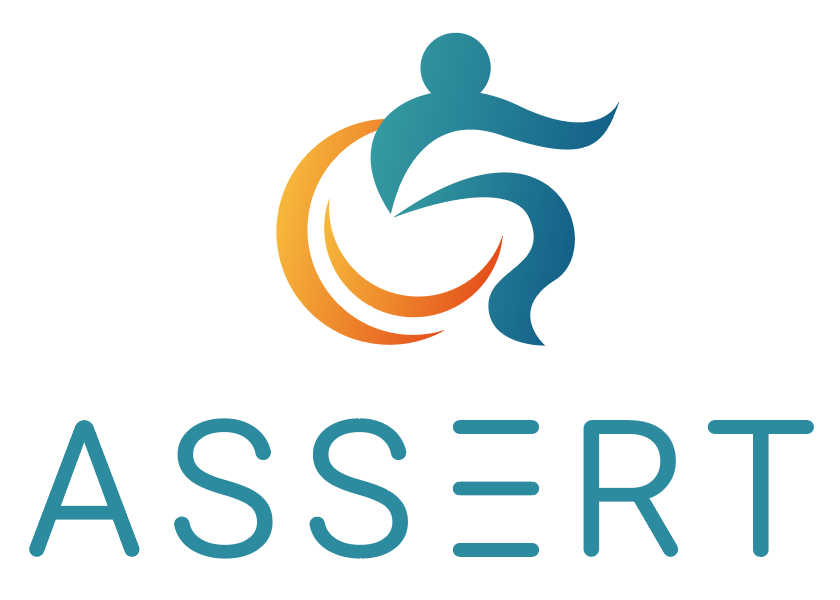Communities have found different ways of getting together to fight energy poverty. Solidarity is the cornerstone of all these initiatives which have huge potential for replication. Renewable energy cooperatives (RESCOOPs) are the most democratic and oldest form of energy community: groups of citizens that get together in a democratic manner to achieve energy resilience, independence and sustainable energy generation and use.
The overall goal of the CEES project is to identify, assess and improve replicable energy communities' energy solidarity practices and, later on, foster their uptake in other European communities by creating a toolkit and offering policy support.
The project will assess their validity to tackle energy poverty, their need for improvement and replicability to other local contexts, thereby enabling and fostering the uptake and replication of solidarity mechanisms by other community energy projects.
The project will:
- measure impacts associated with the adoption of behavioral change and energy efficiency measures in households.
- outline frameworks for the creation of financial and non-financial support schemes.
- empower community leaders and organisations to identify, assess and help alleviate energy poverty.
The CEES project identifies and analyses the most successful cases of community energy initiatives to tackle energy poverty in Europe, validates them academically and empirically, supports the overcoming of regulatory and financial barriers, and then creates a toolkit for EU replication through RESCOOPs network of +3000 energy communities, a formula which has proven very successful in the past.
CEES will facilitate the adoption of behavioural and energy efficiency measures in households, create financial and non-financial support schemes to address energy poverty and empower community leaders (and organizations working in adjacent areas such as financial advice, health care or even fire and police services) to identify and deal with energy poverty, establishing quick and responsive networks. It is expected to reach more than 19 000 energy poor households and trigger 2M€ of sustainable energy investment with savings of over 7,5 GWh/year.
With a budget of over 1 million €, the project will develop the following activities:
- In the first phase, an open call will gather and select other existing energy community practices for inclusion in the toolkit and identify external (to the consortium) communities interested in replicating solidarity mechanisms in their local context. In parallel, an evaluation framework will be developed to assess these practices from academic and scientific perspectives and to ensure replicability of the initial toolkit in other EU countries (EU, national and local) legal and regulatory barriers for replication will be examined as well as existing funding and financing schemes.
- In a second phase, the initial toolkit will be implemented in community energy consortium partners. After improvement, external projects to the consortium will be involved for implementation of identified, assessed and improved solidarity mechanisms.
All these activities will be scientifically assessed and evaluated. Throughout the project, results and findings will be communicated through publications, webinars, events, high-level policy meetings etc. In summary, CEES' goals are to collect best practices from communities and select them as a toolkit, set-up at least 4 pilot interventions of the toolkit that last 1 year and assess results, disseminate validated toolkit in EU for Renewable Energy Communities.
Some concrete key performance indicators (KPIs) of the project include:
- People reached: 19.000.
- Triggered investments in sustainable energy: 2 million €.
- Energy savings: 7,5 GWh/year.
The project started in 2021 and runs until 2024.
Main beneficiaries: national/local authorities and policy makers.
-

-
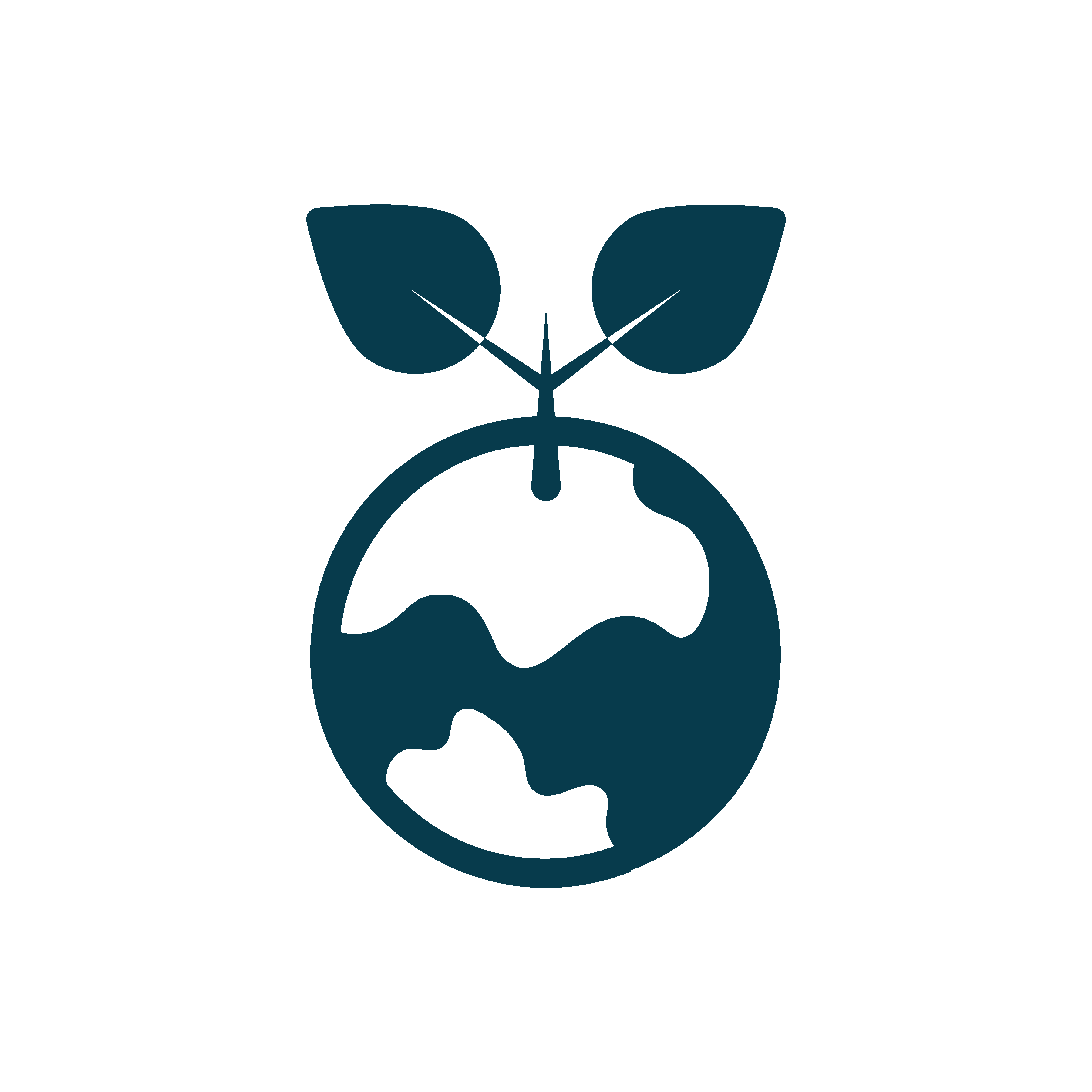 Countries impacted:
Countries impacted:
United KingdomPortugalCroatiaFranceBelgium -
 Geographical scale:
Geographical scale:
Regional and Local -
 Energy poverty phase:
Energy poverty phase:
DiagnosisImplementation -
 Intervention type:
Intervention type:
Capacity building and trainingHousehold energy efficiency and refurbishmentConsumer Advice, protection and empowerment -
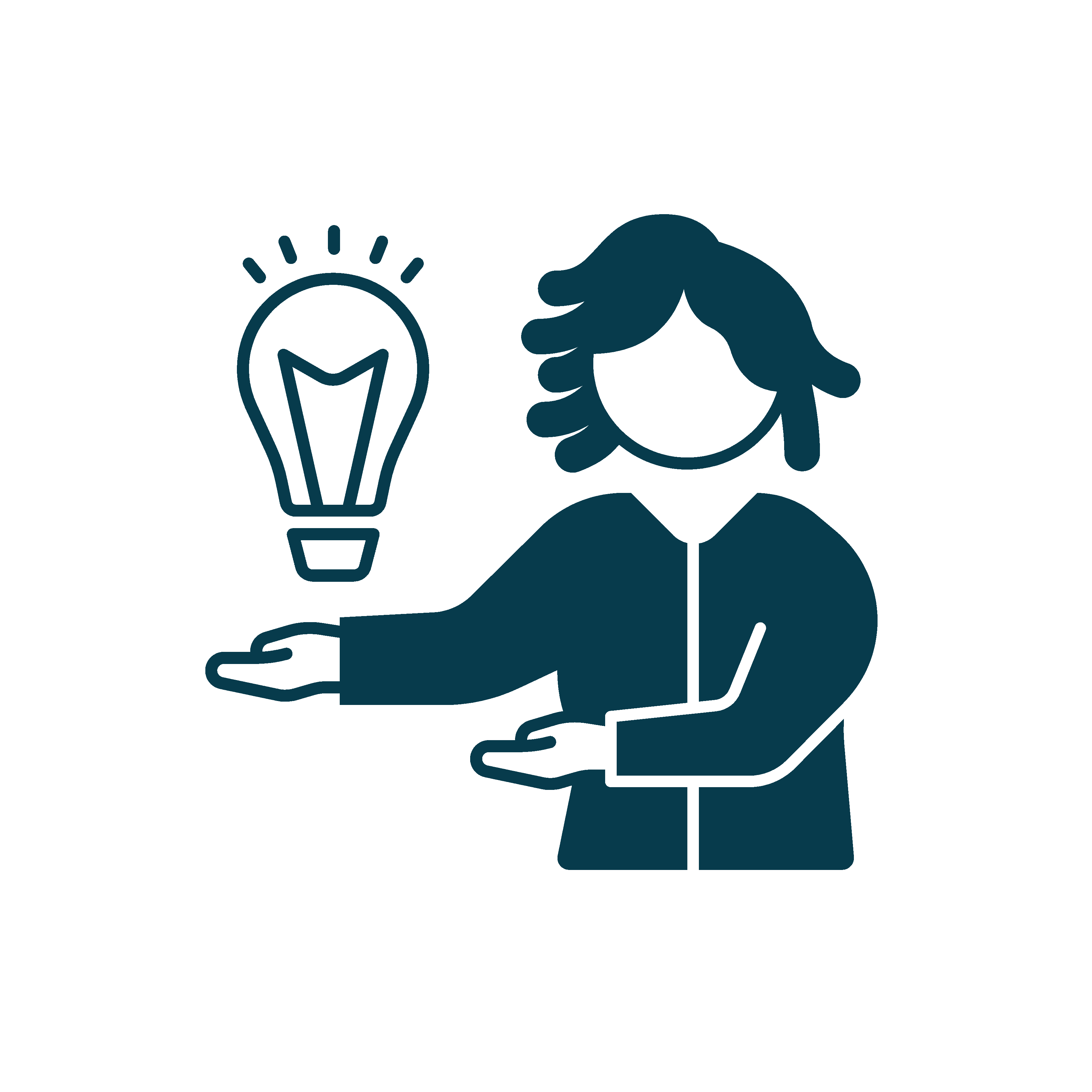 Professionals involved:
Professionals involved:
EngineerJournalistMember of a local/national authorityResearcher -
 Partners involved:
Partners involved:
-
 Type of funding:
Type of funding:
European funds from the H2020 programme of the European Union -
 Website:
Website:
Case website -
SDGs addressed:

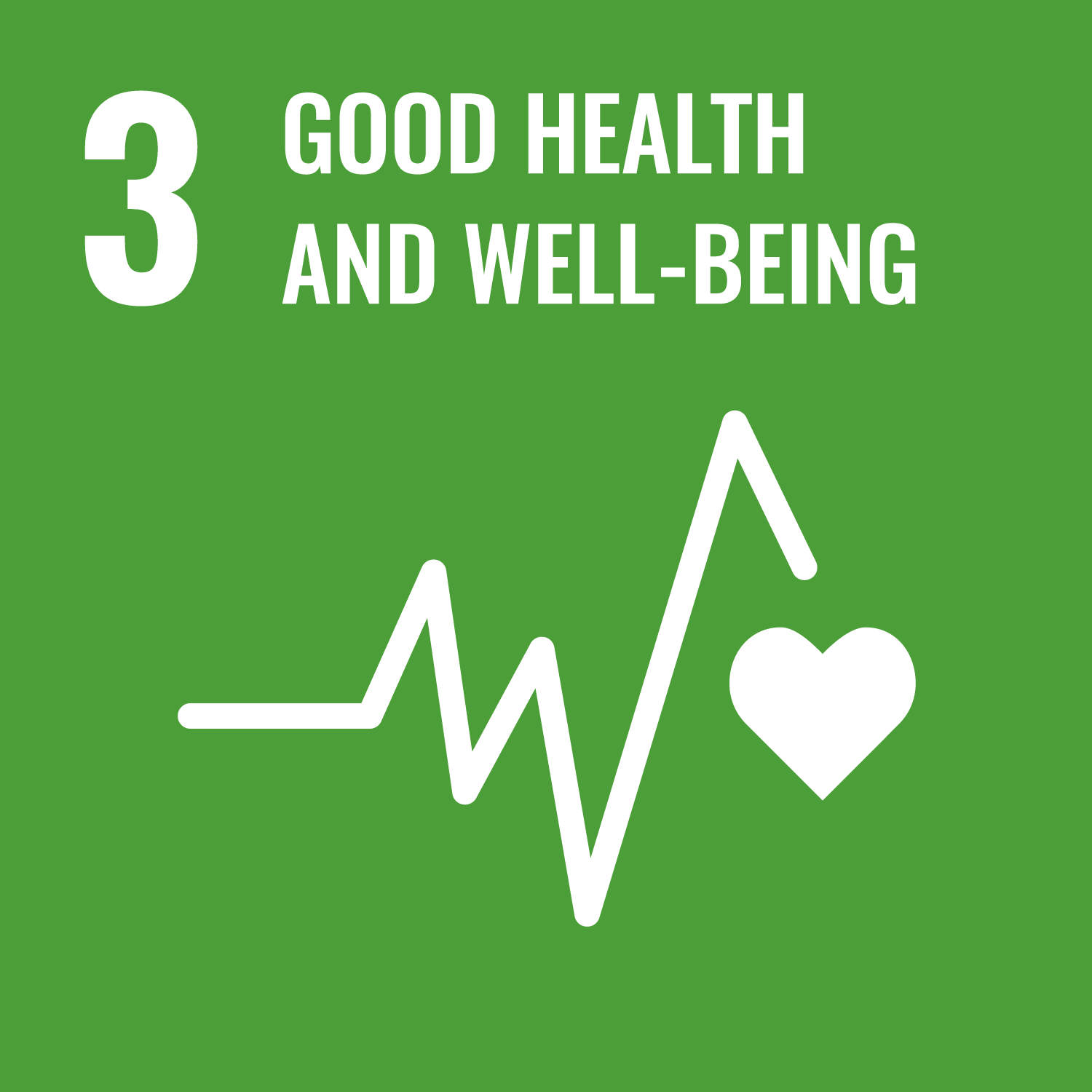
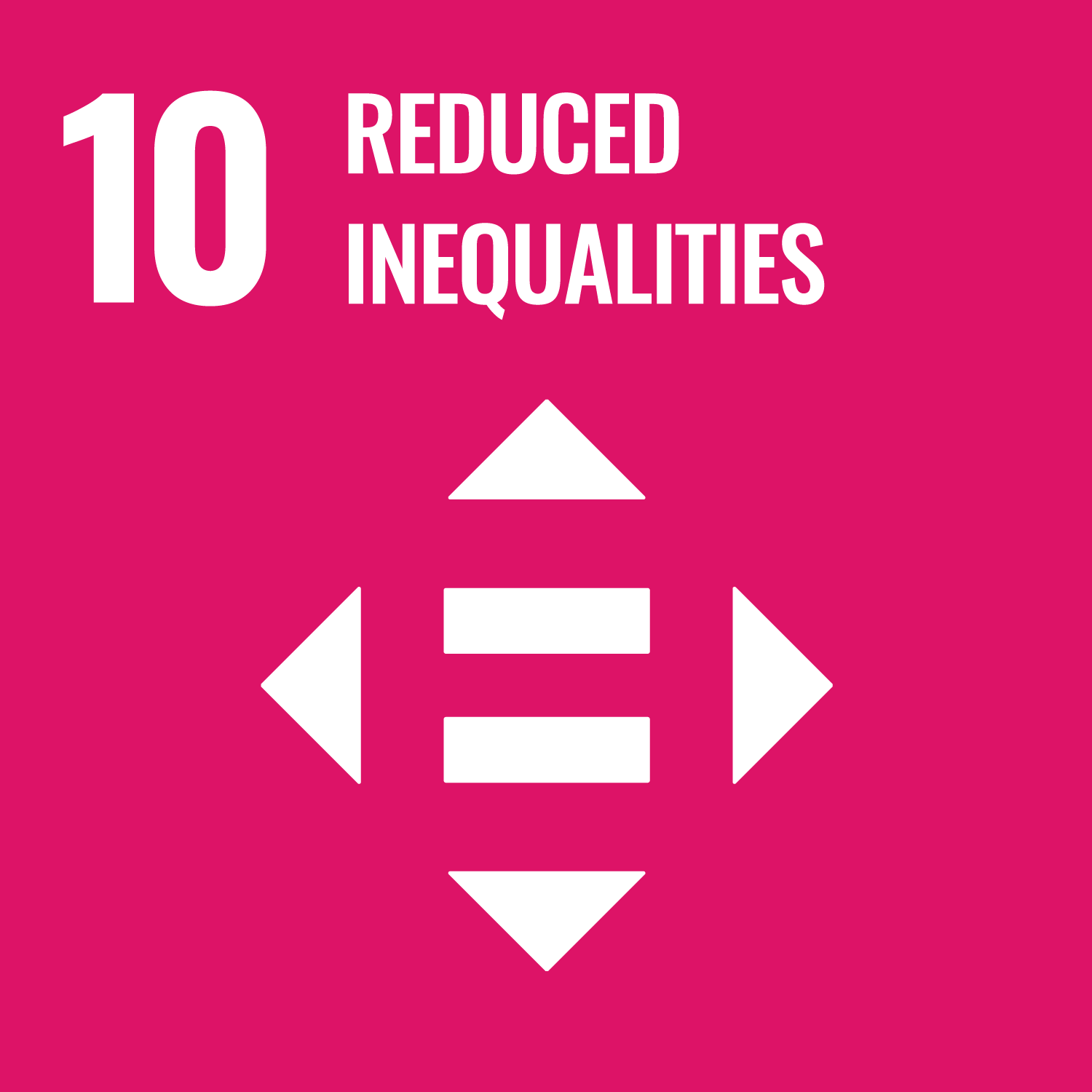
Explore more



